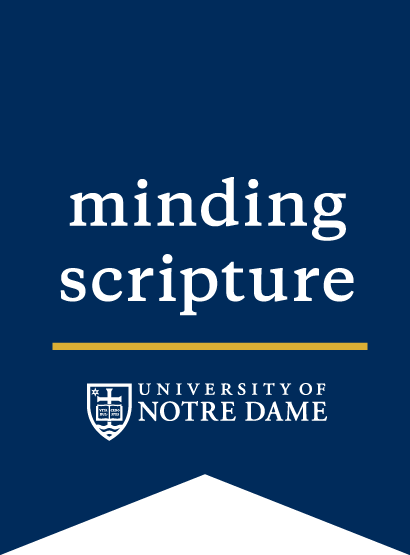Show Notes
This week, our hosts discuss one of the most critical, and potentially divisive, figures in their religious traditions: Abraham. How do Jews, Muslims, and Christians view this influential figure? Is it right to emphasize his role as the progenitor of the three “Abrahamic” religions?
Genesis 11-12 describes how Abraham is chosen by God to complete his father’s journey to Canaan and establish a new people. He is called in a distinct way when compared with his forefathers: from this point forward, Israel will have a relationship not only with God, but also with the rest of the world. Tzvi Novick explains that “for Judaism this is a fundamental turning point. This is the beginning of the story of election.”
Yet, some question how Abraham can occupy a position of such importance when some of his actions raise doubts about his suitability as a moral example. How should his repeated claim that Sarah is his sister, for example, be understood? Should his exigency-driven scheming be praised, or ought he be considered fallible? To preserve Abraham’s holy status, the early Church fathers characterized these decisions as accommodations to the times, while Jewish commentators, such as Maimonides, believed he could err. In Islam, the prophets are understood to be impeccable: some suggest that in dangerous situations, the strictures of the law can be dissolved; others, that Abraham’s claim was one of spiritual kinship.
God’s promise to Abraham of numerous descendants and land is central to the biblical notion of his covenant with God. Yet while Abraham is often thought of as the first monotheist, the question of how he came to faith has different answers: Genesis 12 simply portrays Abraham obeying God, while Surah 6 of the Qur’an has Abraham “discover” worship of the one God through study of the heavenly bodies. In their own ways, Jews, Christians, and Muslims have all asked whether Abraham’s monotheism was shaped by reason or by faith.
God’s command to Abraham to sacrifice his son (Genesis 22, and Surah 37 of the Qur’an), presents a related problem. Christians understand Genesis 22 to anticipate the sacrifice of the Son of God, yet there seems to be an ethical dilemma regarding God’s command. Are reason and faith here placed in conflict? Perhaps the focus of the passage centers on the father and son’s willing sacrifices, which enthrone the virtue of obedience.
Finally, the hosts wonder what can be said about the moniker “Abrahamic religions” when used with reference to Islam, Christianity, and Judaism. Modern scholars offer criticisms against considering Abraham a unifying figure; is this concept too reductive to be useful, or can it be redeemed as a starting point for inter-religious dialogue?
Further Reading
- Carol Bakhos, The Family of Abraham: Jewish, Christian, and Muslim Interpretations, Harvard University Press, 2014.
- Aaron W. Hughes, Abrahamic Religions: On the Uses and Abuses of History, OUP, 2012.
- Aaron Koller, Unbinding Isaac: The Significance of the Akedah for Modern Jewish Thought, The Jewish Publication Society, 2020.
- Jon D. Levenson, Inheriting Abraham: The Legacy of the Patriarch in Judaism, Christianity, and Islam, Princeton University Press, 2014.
- Michael Lodahl, Claiming Abraham: Reading the Bible and the Qur’an Side by Side, Brazos Press, 2010.
IMAGE CREDIT: Luca Giordano, Il sacrificio di Isacco, 1695 (Museo del Prado, Madrid).
